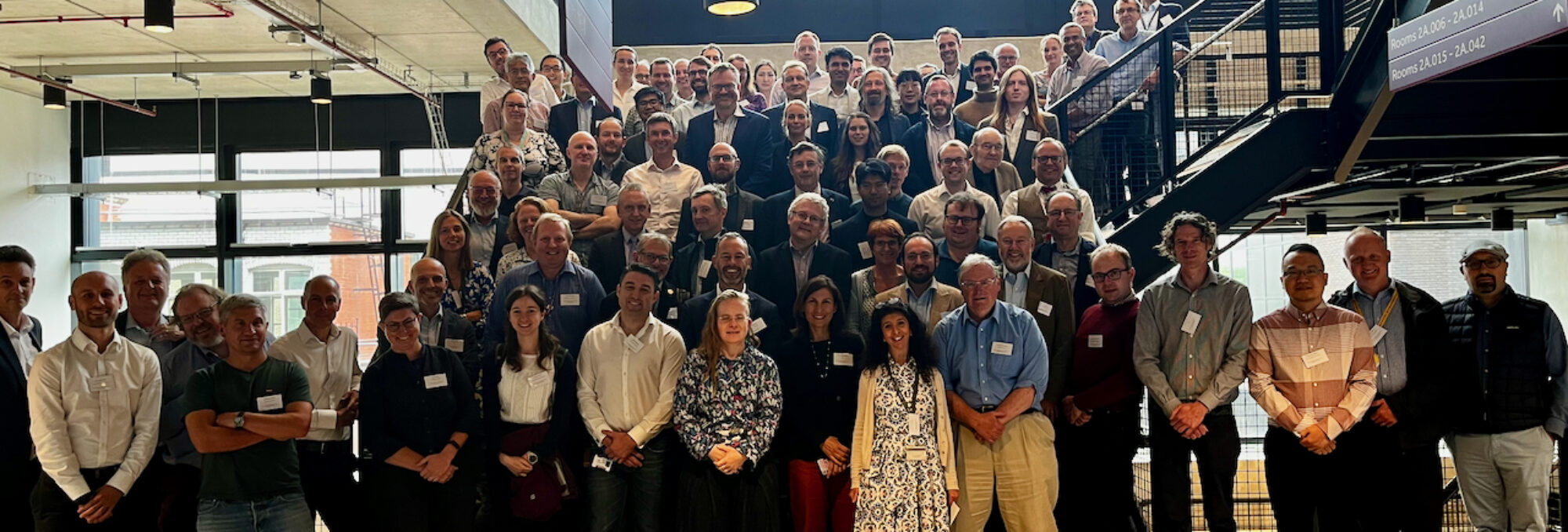Strengths
- On-going decommissioning programme
- Well respected and flexible regulators
- Good capability in cementation and novel wasteforms
- Growing university involvement
- National facilities (DIAMOND/ISIS)
- Robotics (decomm)
- Some waste characterisation (ex situ)
Weaknesses
- Lack of active capability and access to “National” Lab
- “Recycled” research outside universities
- Waste characterisation (in situ)
- Lack of engagement internationally (low profile), limited UK industry involvement in EU programmes
- Conservatism of Site Licence Companies
- Small, fragmented capability
- Lack of long-term strategic thinking/coordination
- Need for more fundamental understanding as well as needs driven
Opportunities
- Range of UK wastes and large volume
- Growing university involvement
- To develop coordinated decontamination and waste R&D strategy
- Knowledge transfer (e.g. from military, oil/gas)
- To participate in global programmes
- To accelerate hazard reduction at Sellafield Legacy Ponds and Silos
- Re-engage universities and SLCs
- Clean-up/decom business overseas
Threats
- Isolation from international community (French dominate EU)
- No repository (GDF)
- Lack of finance
- RCUK – lack of support of PhDs
- Need for very long term training/skills
- Lack of coordinated strategy
- Universities compete rather than cooperate
This information can also be downloaded as a pdf file here
